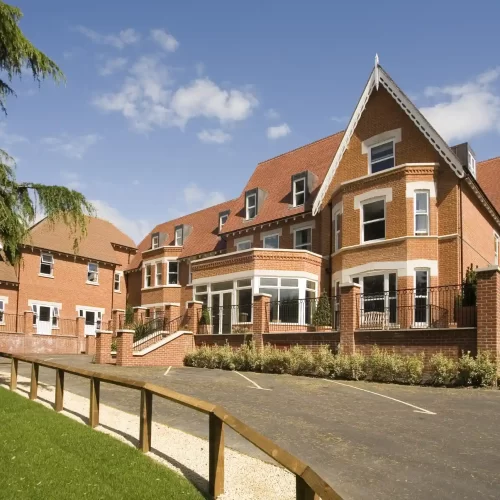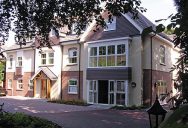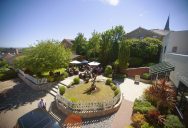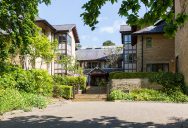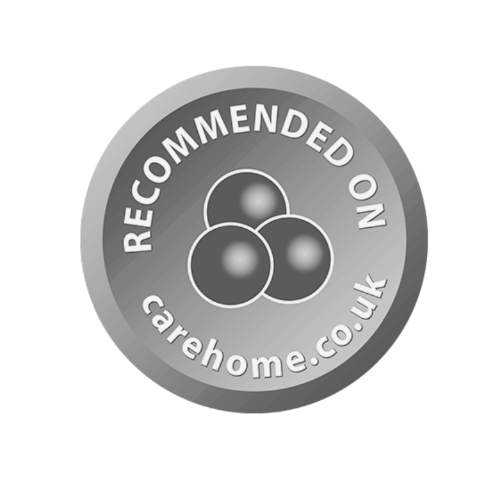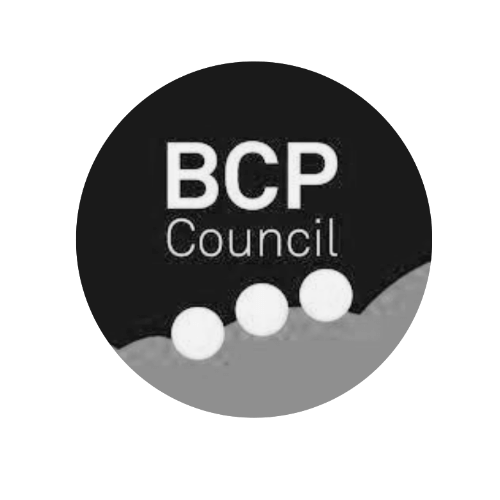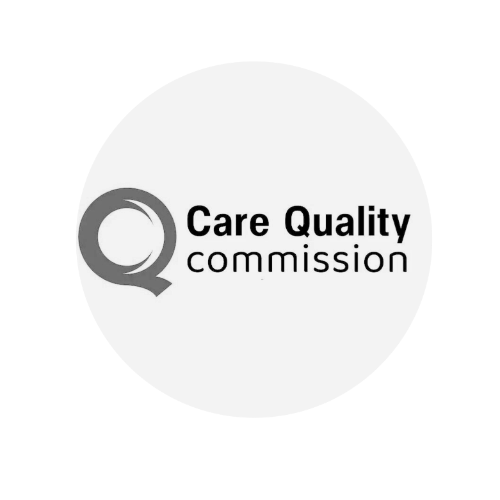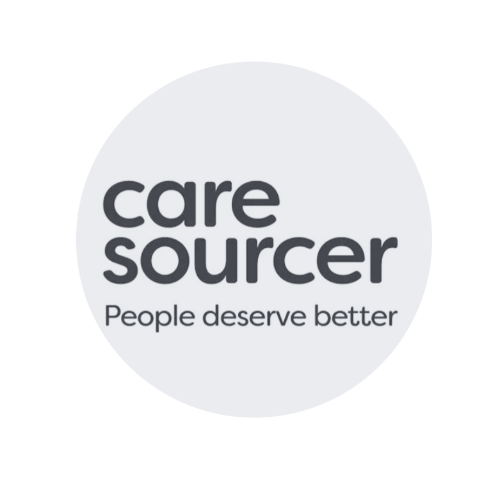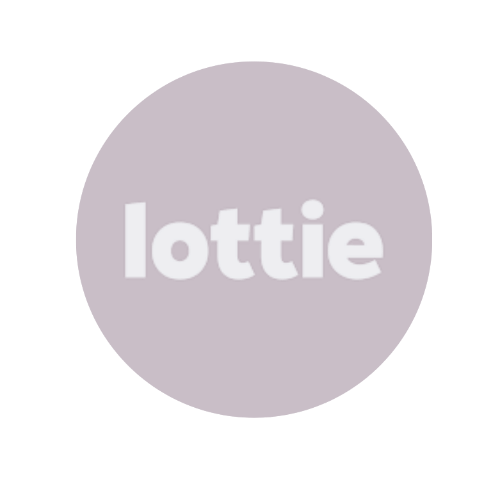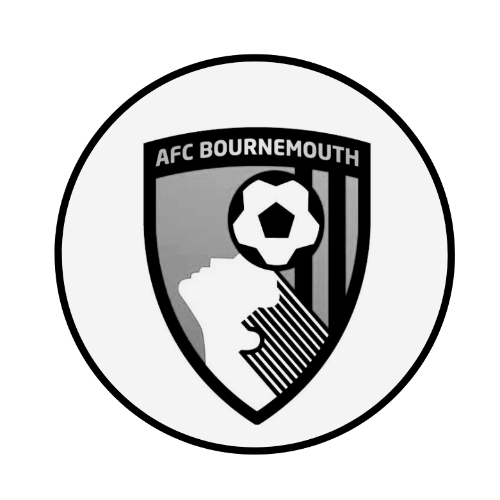Rehabilitation For Stroke Survivors

The quality of life that your loved one has after a stroke doesn’t have to be limited. With the right rehabilitation and care, the recovery can be rewarding and lead to an exciting and fulfilling life. Rehabilitation for strokes comes in many forms and will depend on the type of stroke and the impact it has on your loved one.
A stroke can affect many things, including speech, mobility and cognitive abilities, but not everyone will experience all of the impacts. Therefore, stroke rehabilitation will target the areas that your loved one needs.
At LuxuryCare, our residents get a bespoke care plan which allows our care staff to provide the specific care they need to build up and maintain their independence. This will include all types of therapy required as part of their care. Our care home in Poole has a rehabilitation room where your loved one will receive the rehabilitation they need privately.
In this blog, we discuss the rehabilitation strategies commonly used to help those who have experienced a stroke regain the abilities they may have lost.
Physiotherapy & Occupational Therapy
It is common for either type of stroke to impact your loved one’s mobility and balance. Therefore, physiotherapy and occupational therapy are frequently used as rehabilitation for strokes.
One of the most recognisable symptoms of a stroke is partial paralysis, typically on one side of the body. Physiotherapy will use specific exercises to retrain muscles and improve motor control.
Exercises will:
- Strengthen muscles
- Improve mobility
- Improve balance and coordination
- Stimulate neuroplasticity in the brain (create new neural connections for other parts of the brain to take over functions that were previously controlled by the damaged parts)
Additionally, your loved one’s rehabilitation for stroke might include occupational therapy.
These exercises will usually work alongside physical therapy to help your loved one regain the mobility and skills needed for independent living.
For example, they might focus on activities such as:
- Dressing
- Grooming
- Eating
- Bathing
- Using the toilet
If your loved one is left with other post-stroke effects, such as vision, perception or memory issues, occupational therapy can work to find solutions and strategies that your loved one can use to live as independently as possible.
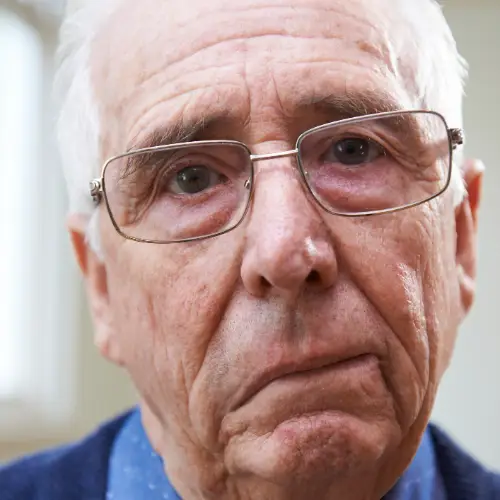

Speech Therapy
One of the most common motor skills lost as a result of a stroke is speaking and swallowing.
Aphasia is a common challenge faced by someone who has experienced a stroke. This is where your loved one struggles to produce or understand speech. Rehabilitation for stroke can include speech and language therapy to help your loved one relearn language skills, such as forming sentences, fluency and articulation.
As a stroke can impact neural pathways, it is common for someone who has experienced a stroke to forget words. This is because the connections they previously had are no longer functioning. One aspect of speech and language therapy will be to help your loved one find strategies to help them around this, train them and their brain to find alternative words and forge new neural pathways.
As mentioned above, strokes can also impact your loved one’s ability to swallow, causing a risk of choking or aspiration (food entering the lungs). Speech and language therapy helps your loved one regain control over their swallowing muscles through a range of different exercises.
Cognitive Behavioural Therapy
Of course, the cognitive abilities and emotional post-stroke effects are common after strokes. Rehabilitation for stroke will, therefore, often include cognitive behavioural therapy.
This type of therapy is designed to address complex emotions, thoughts and behaviours that are often experienced after a stroke. A range of emotions are felt after a stroke as your loved one faces a challenging yet rewarding recovery process. They might need to come to terms with permanent limitations. These emotions can quickly lead to depression if not addressed, with 30-50% of individuals recovering from a stroke experiencing depression.
Cognitive behavioural therapy helps them to manage their responses by focusing on the connections between thoughts, emotions and behaviours, with the aim to reduce the risk of depression, anxiety or even PTSD.
Exercises helps your loved one to:
- Break the cycle of negative thinking
- Identify triggers
- Challenge irrational fears
- Practice relaxation techniques
- Foster self-compassion
- Encourage positive self-talk
- Discover strategies to help focus and attention
Sometimes, the cognitive impacts are more prominent, meaning that cognitive behavioural therapy is the primary rehabilitation for stroke.
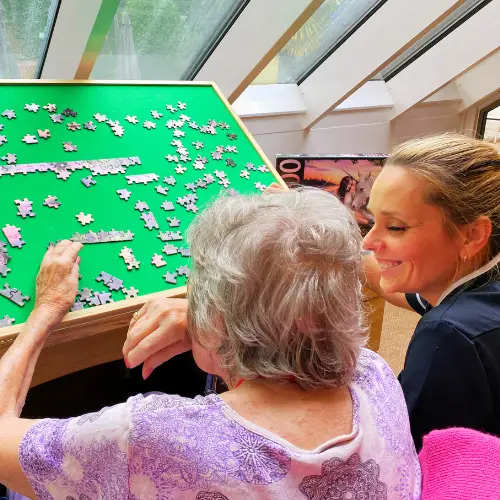
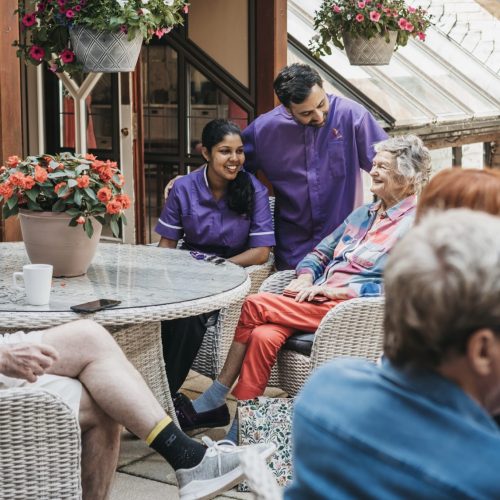
Specialised Neurological Care
Perhaps the most important part of rehabilitation for stroke is that your loved one receives specialised neurological care. Each of the types of therapy listed above should have a focus on neurological care because a stroke happens in the brain. Therefore, all the other effects experienced are as a result of the brain damage.
A bespoke care plan should be put in place so that your loved one receives regular and consistent care and therapy to allow the best recovery possible. The care plan will target the specific limitations and challenges your loved one is facing so that they can gain as much control back as possible to live independently.
Rehabilitation for Stroke At LuxuryCare
There are a number of different types of therapies used in rehabilitation for stroke. These include:
- Physiotherapy
- Occupational therapy
- Speech and language therapy
- Cognitive behavioural therapy
Each has a focus on specialised neurological care to tackle challenges caused by the stroke.
At LuxuryCare, our care homes across Poole and Bournemouth are committed to providing personalised and quality care to your loved one recovering from a stroke.
Throughout the admissions process, we will complete a care needs assessment, which will allow us to understand the unique effects your loved one is experiencing, as well as their personal preferences and life story. With our deep overview, we will then create a custom care plan for your loved one that will include any therapy they need to gain skills to remain independent.
We have physiotherapists, occupational therapists, and cognitive behavioural therapists visit our homes regularly, and each home has a designated room for these sessions to take place, giving your loved one privacy and plenty of space.
Branksome Park Care Home in Poole, Dorset is a specialised neurological care home, dedicated to helping those with complex conditions and challenges to live their best lives.
Whether you are interested in long-term residential and nursing care or a short stay as respite care while your loved one receives rehabilitation to recover from a stroke, we will welcome you and your loved one with open arms into our family.
We encourage you to book a visit to your preferred care home to experience life at LuxuryCare homes in Poole and Bournemouth for yourself. On this trip, you can join in any activities, experience our catering and see our rooms, facilities and gardens.
Call us today on 01202 037373 or complete our online contact form to arrange a viewing and to discuss your loved one’s care needs.
We look forward to speaking to you.
